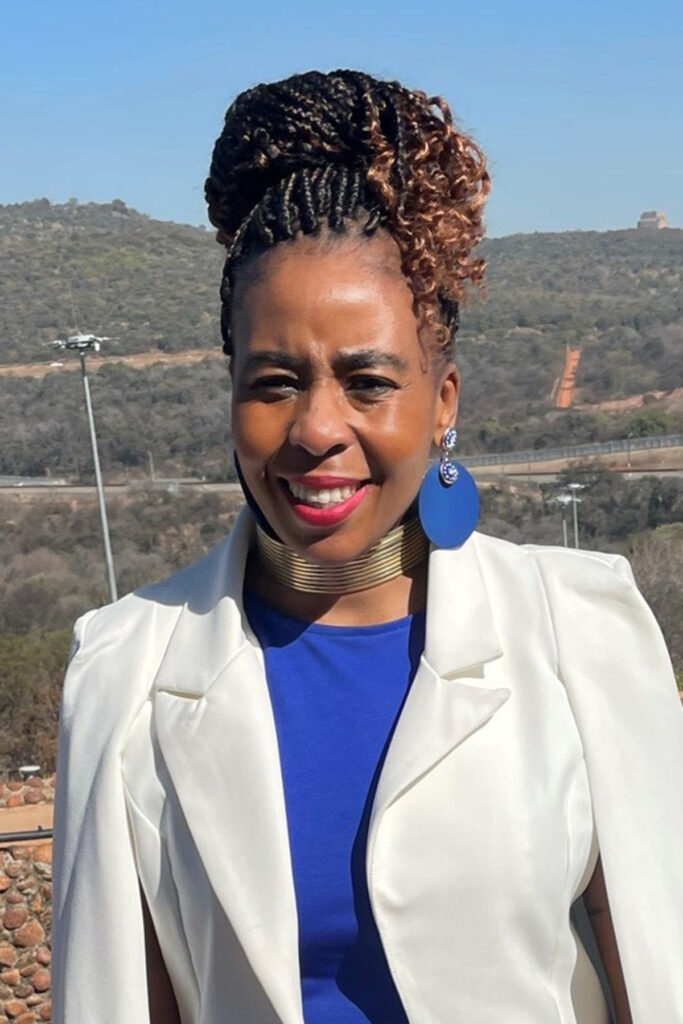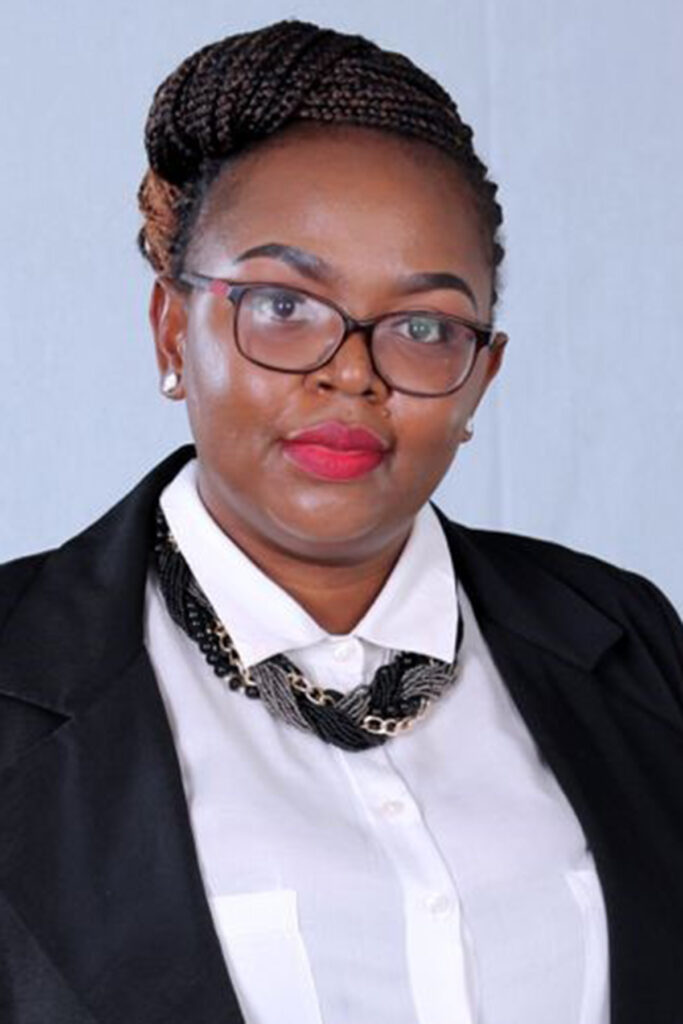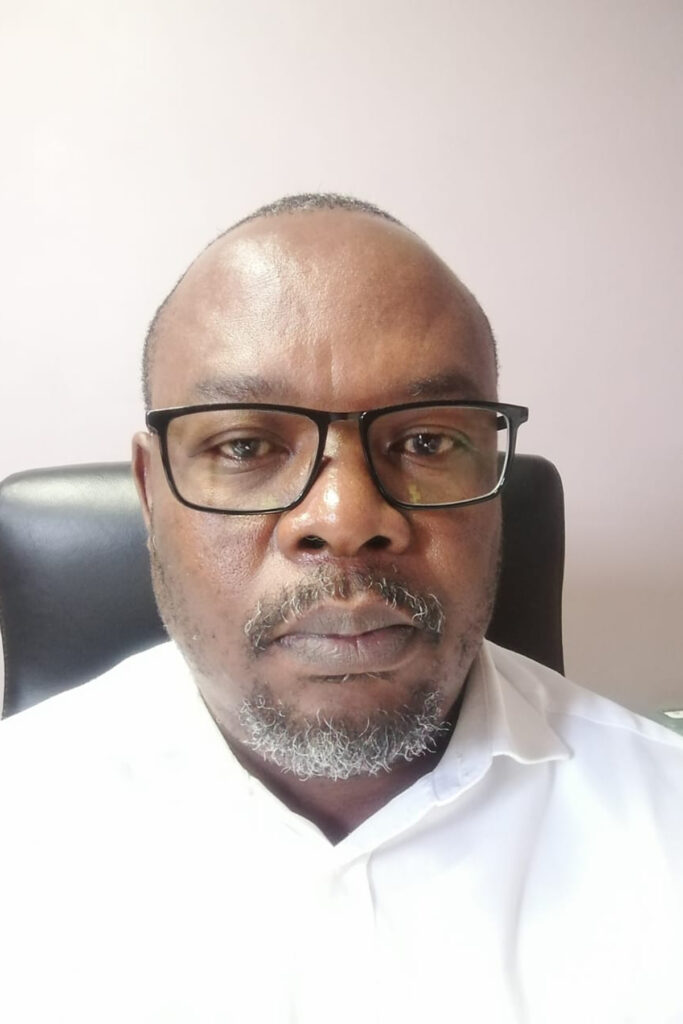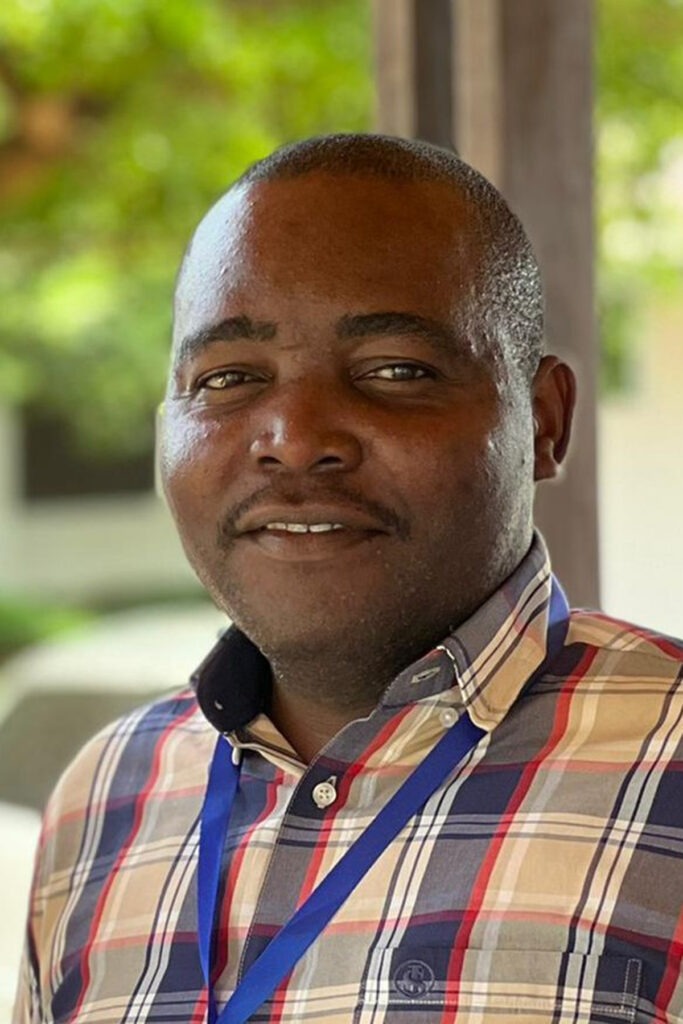Graduation time is always so inspiring and rewarding – for students, their families and the staff at the Africa Centre. It signifies the culmination of many hours of studying and researching, often while working and managing family life. Congratulations to all the students who stayed committed and can now reap the rewards – you make us proud!

A total of 157 students are graduating from our flagship programme, the Postgraduate Diploma in HIV/Aids Management. For the MPhil programme, seven students can boast that they have “mastered their master’s”. We found out more about their experience and what their research involved.
Mokgadi Mojela works as a project officer in the capacity-building department of a community HIV and gender-based violence prevention programme. She selected her research topic – “Counsellors’ perceptions on the effectiveness of online platforms to address mental health, including issues linked to HIV/Aids” – in an effort to investigate the increase in suicide cases among the youth that started during the Covid-19 pandemic. Conducting research was one of the things that Mokgadi enjoyed most about the master’s programme: “It opened my eyes to new possibilities and made me realise there’s more to health management than the numbers.” Organising permission to conduct research at selected organisations was one of the most challenging aspects of the process.
For Nosiphelo Butana, the research component was also the personal highlight, as this was her first research project. Her assignment investigated the factors associated with unsuppressed viral loads among HIV positive adults who were receiving treatment at clinics in Ekurhuleni North in Gauteng. Her choice of topic was partly based on the fact that this district did not meet the 2020 targets for viral load suppression among people living with HIV and Aids. But it wasn’t all plain sailing: “The most challenging parts were the ethics application process (addressing comments from ethics committees) and the data analysis phase.”
However, these challenges are not enough to keep Nosiphelo from continuing her research journey. She has already enrolled for a master’s degree in public health, after which she plans to complete a PhD in HIV/Aids management. And her ultimate goal is clear: “I want to contribute meaningfully to the body of scientific knowledge that will help inform policymakers on health issues affecting vulnerable and less privileged populations.” Nosiphelo currently works as a clinical trainer and mentor at an NGO that runs HIV/Aids and TB support programmes.
Nontembeko Sibandze from Eswatini works in the development sector, where she plans and monitors community HIV intervention programmes targeted at the most vulnerable populations, including adolescent girls and young women (AGYW). She had started noticing low uptake of pre-exposure prophylaxis (PrEP) treatment among AGYW, despite some of the programmes solely focusing on these groups. Nontembeko therefore decided to do her research assignment on the factors that influence PrEP uptake and adherence among AGYW who participated in the relevant intervention programmes. Although she found it challenging to balance her studies, work and parenthood, Nontembeko is full of praise for the level of support from the Africa Centre, which made her journey easier – so much so that she plans to further her studies in the public health space.
While Teboho Mohlabi is originally from South Africa, he currently resides in Lesotho, where he works for theLesotho Country Coordinating Mechanism, which coordinates Global Fund proposals and implementation in the health sector. It was through his work that Teboho became aware that most of the people who died from HIV-related illnesses in Lesotho are men, even though they are generally portrayed as the perpetrators. “I noticed that whenever services are targeted, it was usually for girls, women and children. Yet, men are also victims – of destructive masculinity, silence and ignorance about HIV,” he explained. “Men in Lesotho register the highest numbers of advanced HIV diseases (AHDs) and most of them die from these diseases.”
As a result, Teboho chose to focus his research on the barriers to and enablers of HIV testing by male street vendors in Maseru. “I am convinced that if we provide men with knowledge and services, the scourge of HIV among women and girls will decline, as Lesotho’s epidemic is largely generalised and heterosexual.” Teboho hopes to expand his research on this topic by enrolling for a PhD.
Blaise Lukau is also a Lesotho resident, although he is originally from the Democratic Republic of Congo. He highlights two aspects of the master’s programme that stood out to him. The first was the module on corporate social responsibility (CSR). “This module showed that organisations should consider and actively apply the stakeholder theory to their social responsibility, making them accountable towards everyone who affects or is affected by the company’s activities.” He found the intersectionality between HIV/Aids and the implementation of CSR programmes particularly insightful. The other highlight for Blaise was conducting research. He not only found it stimulating and eye-opening; he also acquired new skills in the process, such as working with data analysis software.
While balancing his professional and academic commitments was challenging, Blaise is an advocate for using planning and prioritisation tools to remain proactive. He fulfils the role of study manager at the Same-Day ART in Presumptive TB Patients Study Project at SolidarMed in Lesotho and is chairperson of the Hospital ART Advisory Committee. Blaise’s research on the attitudes and practices regarding post-exposure prophylaxis (PEP) among healthcare workers at the Mokhotlong Hospital was motivated by his observance of the large numbers of advanced HIV cases in the hospital and frequent exposure to HIV infection among healthcare workers. He intends to continue his research and plans to enrol for the Africa Centre’s doctoral programme.
The other two MPhil graduates are Dineo Choabi and Lineo Nyenye.
Well done to our all graduates on this well-deserved achievement! We look forward to seeing you continue to make a positive impact in the world of health management.

Mokgadi Mojela

Nontobeko Sibandze

Nosiphelo Butana

Teboho Mohlabi

Blaise Lukau
